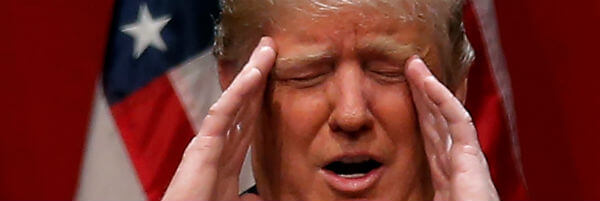In an editorial, The Guardian says: Exhausted parents clutching terrified children in their arms, young people pushing the old in makeshift carts or wheelchairs and families pulling overstuffed suitcases: the scenes from east Aleppo are those of a new exodus. As Syrian government forces move on the last urban stronghold of the anti-Assad opposition, helped by Shia militias from Iraq, Iran and Hezbollah, hundreds of men have been rounded up and disappeared. Their relatives, as well as human rights activists, fear they may already be dead, or have become victims of Assad’s network of jails and torture centres where thousands have been murdered.
The Syrian and Russian onslaught has been going on for weeks. But now it is at a new intensity, as it approaches what may be the end game. A strategy of indiscriminate bombing, terror and destruction, the UN was told, threatens to turn this part of Syria’s second city into a giant graveyard. Syrian army leaflets dropped on the city warn the inhabitants that they must flee, or face annihilation.
Rebel-held Aleppo seems condemned to utter destruction and defeat. Posted on social media, citizens’ desperate messages resemble final pleas, all hope gone. A UN representative has described the situation as a “descent into hell”. US Department of State officials have made it clear that nothing much can be done; western countries have convened an emergency security council meeting, but beyond words of condemnation and warnings of a humanitarian catastrophe in the making – France has spoken of “what could be the biggest massacres of civilian population since the second world war” – the powerlessness of UN institutions is obvious. In London, at prime minister’s questions, the SNP’s Angus Robertson at least got the Syrian crisis into the discussion. Labour again passed by on the other side. [Continue reading…]
Reuters reports: Syria and its allies aim to drive rebels from Aleppo before Donald Trump takes office as U.S. President, a senior official in the pro-Damascus military alliance said, as pro-government forces surged to their biggest victories in the city for years.
Rebels face one of their gravest moments of the war after pro-government forces routed fighters over the past few days from more than a third of the territory they controlled in the city. Thousands of civilians have fled for safety.
The pro-government official, who declined to be identified in order to speak freely, nevertheless indicated that the next phase of the campaign could be more difficult as the army and its allies seek to capture more densely populated areas.
Rebel fighters fought fiercely to stop government forces advancing deeper into the opposition-held enclave on Tuesday, confronting pro-Assad militias who sought to move into the area from the southeast, a rebel official said.
The attack on eastern Aleppo threatens to snuff out the most important urban center of the revolt against President Bashar al-Assad, who has been firmly on the offensive for more than a year thanks to Russian and Iranian military support. [Continue reading…]

